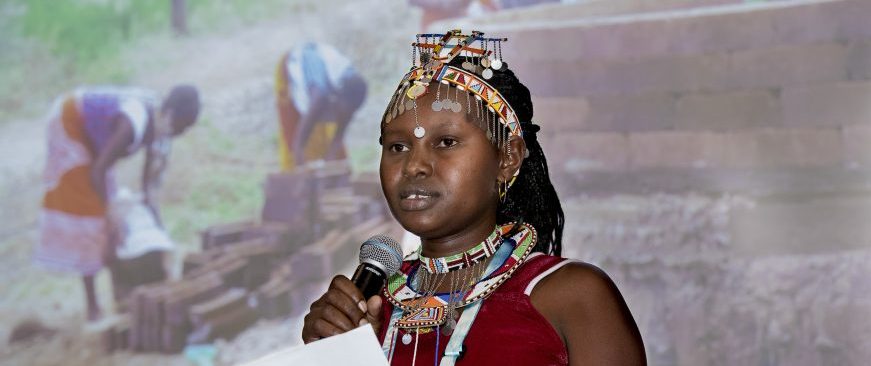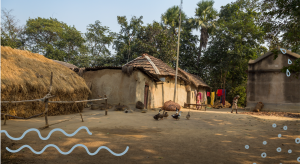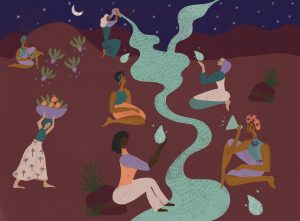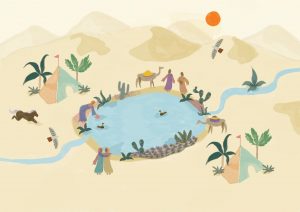Women’s enterprise drives water access, gender equality
A powerful, personal account of how women’s entrepreneurship delivers safer, more equitable access to water, and promotes female empowerment, was provided during the Ripple effect: empowering women through water seminar.
This article is written by Nick Chipperfield and was originally published in WaterFront Daily #3 2018. Photo: Thomas Henriksson/SIWI. This session was livestreamed. Watch it here.
Read the full issue here >>
“We empower ourselves by selling bricks and [water] tanks. For many women this is their first ever money. With the tanks, they see an increase in their families’ wealth, and a decrease in their work collecting water,” Elizabeth Ntukai, from Maji Mamas (Water Women) in Kenya, said. Previously, women would spend up to eight hours a day collecting water. “With our [improved] water security, there’s more time for economic improvement,” Ntukai said.
Ntukai spoke movingly about how the group started to produce bricks – Interlocking Stablized Soil Blocks (ISSB) – for the construction of rainwater collection tanks and pit latrines three years ago. Since then, Maji Mamas have supplied water tanks to schools, marketplaces, and health centres in surrounding communities, improving the living conditions of an estimated 5,000 people.
I want every girl in Kenya to be a women with a dream. Together, we 28 Maji Mamas are setting the pace.
Elizabeth Ntukao, Maji Mamas (Water Women)
“By becoming self-employed, women gain standing in the community. If we own a piece of a business, men listen to what we have to say. Having our own money means we can make the changes we want in our homes and community,” Ntukai said. “Our business now has four products that create revenue for us women,” she added. The group also supports other communities with micro loans to establish their own businesses.
The scheme has also generated environmental benefits. Offering people the option of building with ISSB reduces wood consumption, thereby diminishing the extent of deforestation. “Not only do our tanks provide access to water, they create employment, and help the environment.” “Together with other women, we are making the impossible possible. I want every girl in Kenya to be a woman with a dream. Together, we 28 Maji Mamas are setting the pace.”
The session was convened by Coca-Cola, Global Water Challenge, USAID and the Water and Development Alliance.
Video
World Water Week 2018/ Showcase/ The Ripple Effect: Empowering Women through Water #live #WWWeek from SIWI on Vimeo.








